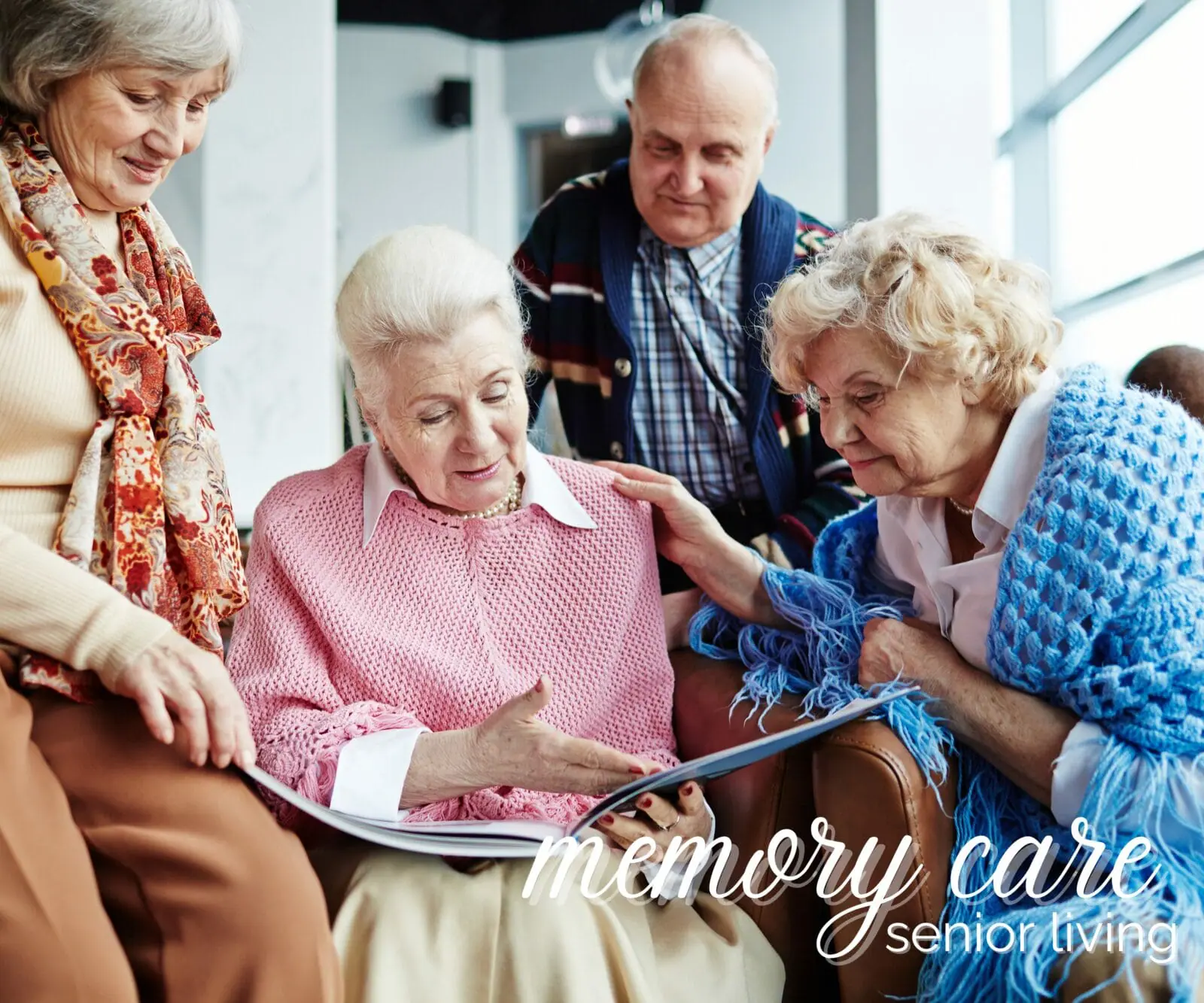Producing a Safe and Supportive Atmosphere for Alzheimer's Care
The production of a risk-free and supportive setting for individuals with Alzheimer's is critical in improving their lifestyle. This includes not just physical adaptations within the home, such as reducing hazards and integrating familiar aspects, yet additionally the application of structured regimens and meaningful tasks that satisfy their cognitive demands. Furthermore, recognizing the mental and psychological measurements of care can significantly affect their sense of security and link. Discovering these multifaceted techniques can disclose crucial understandings right into effective caregiving techniques that might change the day-to-day experiences of both clients and caregivers.
Understanding Alzheimer's Requirements
Often, individuals with Alzheimer's disease exhibit a variety of needs that call for customized strategies to care. As the problem advances, cognitive decline manifests in various means, influencing memory, thinking, and even the capability to do daily activities. Caregivers must recognize these developing needs to offer appropriate support and ensure a better of life for those impacted.
One important facet of recognizing Alzheimer's requirements is acknowledging the importance of regular and experience. Individuals often locate convenience in recognized patterns, which can reduce anxiousness and confusion. Caregivers need to aim to create organized daily schedules that incorporate purposeful activities straightened with the person's capabilities and interests.
In addition, effective interaction is critical. People with Alzheimer's might battle to express themselves or comprehend complicated language. Caregivers must employ straightforward, clear language, usage non-verbal signs, and method energetic listening to cultivate understanding and connection.
Last but not least, emotional and social needs can not be ignored. Providing possibilities for social interaction and keeping relationships can substantially enhance emotional health. Caregivers must urge engagement in neighborhood tasks or family celebrations, promoting a sense of belonging and objective. Recognizing these diverse requirements is important for producing a helpful treatment atmosphere.
Creating a Safe Home
Creating a risk-free home for individuals with Alzheimer's condition is necessary to advertising and decreasing threats self-reliance. The design of the living room should focus on safety and security while permitting individual comfort. Initially, remove prospective dangers such as loose carpets, sharp objects, and clutter, which can lead to drops or crashes. Ensure that pathways are well-lit and clear, as proper lighting lowers disorientation and enhances mobility.
Including flexible features is also essential. Set up grab bars in bathrooms and near stairs, and consider using non-slip floor coverings in wet locations. In addition, making use of different shades for floors and walls can aid in distinguishing rooms, helping to reduce complication.
Familiarity is vital for individuals with Alzheimer's. Individualizing the atmosphere with acquainted things and photographs can reinforce a sense of belonging and security - Alzheimers Care Charlotte. It is also valuable to have a marked location for day-to-day activities, such as analysis or crafting, which can provide structure to their day
Lastly, implementing a secure outdoor area enables safe expedition while connecting with nature. By attentively creating the home environment, caretakers can substantially improve the lifestyle for individuals dealing with Alzheimer's condition.
Enhancing Interaction Skills

Non-verbal communication, including face expressions, motions, and touch, plays a vital duty in communicating compassion and understanding. Preserving eye contact and a calm disposition can boost the convenience level of the person, advertising a feeling of safety.
Additionally, it is very important to practice active listening. This includes being totally present, revealing perseverance, and enabling the individual to reveal themselves without disturbance. Rep might be needed; caretakers must be prepared to revisit topics or questions, as people with Alzheimer's might battle with memory recall.
Furthermore, utilizing visual aids or signs, such as photographs or acquainted things, can promote recognition and involvement. Ultimately, boosting interaction abilities has to do with building depend on and producing a setting where individuals feel heard, valued, and recognized, thus enhancing their quality of life.
Encouraging Social Interaction
Fostering meaningful social communications can substantially improve the health of people with Alzheimer's disease. Engaging with others not just helps fight feelings of seclusion yet click likewise stimulates cognitive feature and emotional wellness. Structured social tasks, such as team games, crafts and arts, or songs therapy, develop possibilities for locals to link with official statement peers and caretakers, which can result in boosted state of mind and minimized anxiousness.
Creating a welcoming environment that urges socializing is vital. This can be attained by organizing public rooms that assist in interaction, such as comfy seating areas or activity rooms. In addition, including culturally appropriate and familiar activities can motivate and stimulate memories involvement, enabling individuals with Alzheimer's to feel more linked to their past experiences.
Furthermore, caregivers must be educated to identify and advertise social interaction among locals. Simple gestures, such as starting conversation or helping with small team conversations, can assist individuals feel valued and included. On a regular basis arranged gatherings should be regular yet versatile, suiting varying levels of capacity and rate of interest. By prioritizing social interaction, we can significantly improve the lives of those dealing with Alzheimer's, fostering a feeling of neighborhood and belonging.
Supporting Caregiver Health
To sustain caretakers, organizations ought to use normal training and educational resources to improve their understanding of Alzheimer's condition and caregiving techniques. Providing access to break care services permits caretakers to take necessary breaks, reducing stress and anxiety and exhaustion - Alzheimers Care Charlotte. Additionally, cultivating a neighborhood via support system can help with emotional sharing and the exchange of useful guidance amongst caretakers, developing a network of common assistance
Psychological health and wellness sources, such as counseling services, can likewise be crucial in attending to the psychological toll caregiving can take. By prioritizing caregiver well-being, we create a more lasting caregiving setting that not just benefits the caregivers themselves but also improves the total high quality of care received by people with Alzheimer's. Eventually, supporting caregivers is a crucial part in promoting a effective and thoughtful treatment setup.
Final Thought
To conclude, the creation of a secure and helpful setting for people with Alzheimer's is vital to enhancing their lifestyle. By focusing on security via thoughtful style, promoting emotional health with familiar components, and promoting involvement with structured routines, caretakers can dramatically affect the total experience of those impacted by this problem. Additionally, supporting caretaker health is essential, as it eventually adds to a more thoughtful and efficient treatment environment.
Rep may be needed; caretakers ought to be prepared to review inquiries or subjects, as individuals with Alzheimer's might battle with memory recall.
